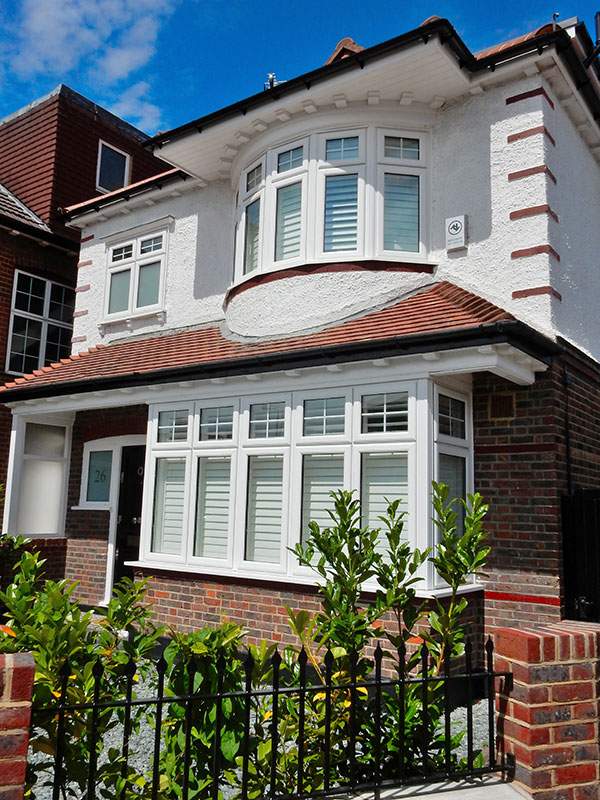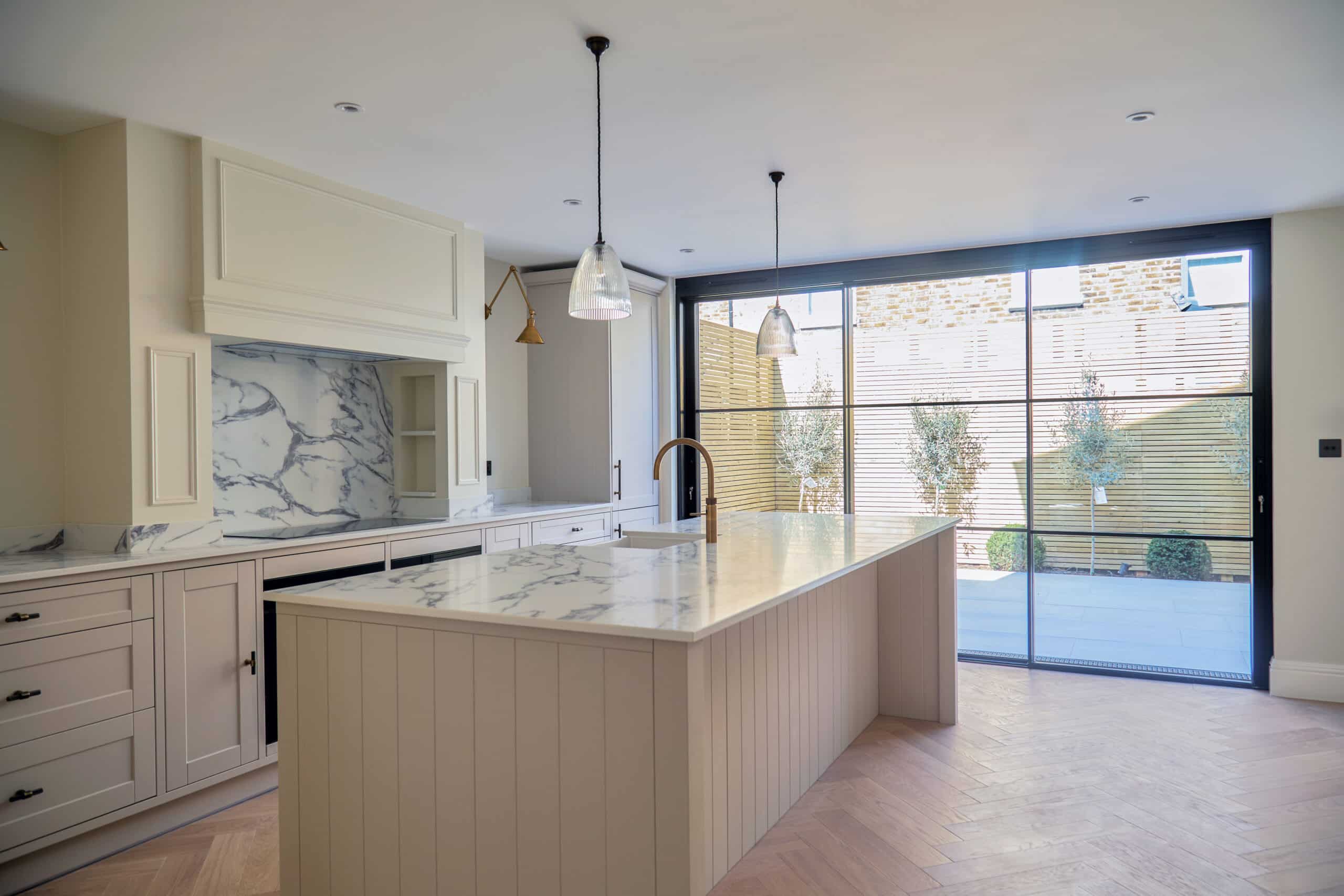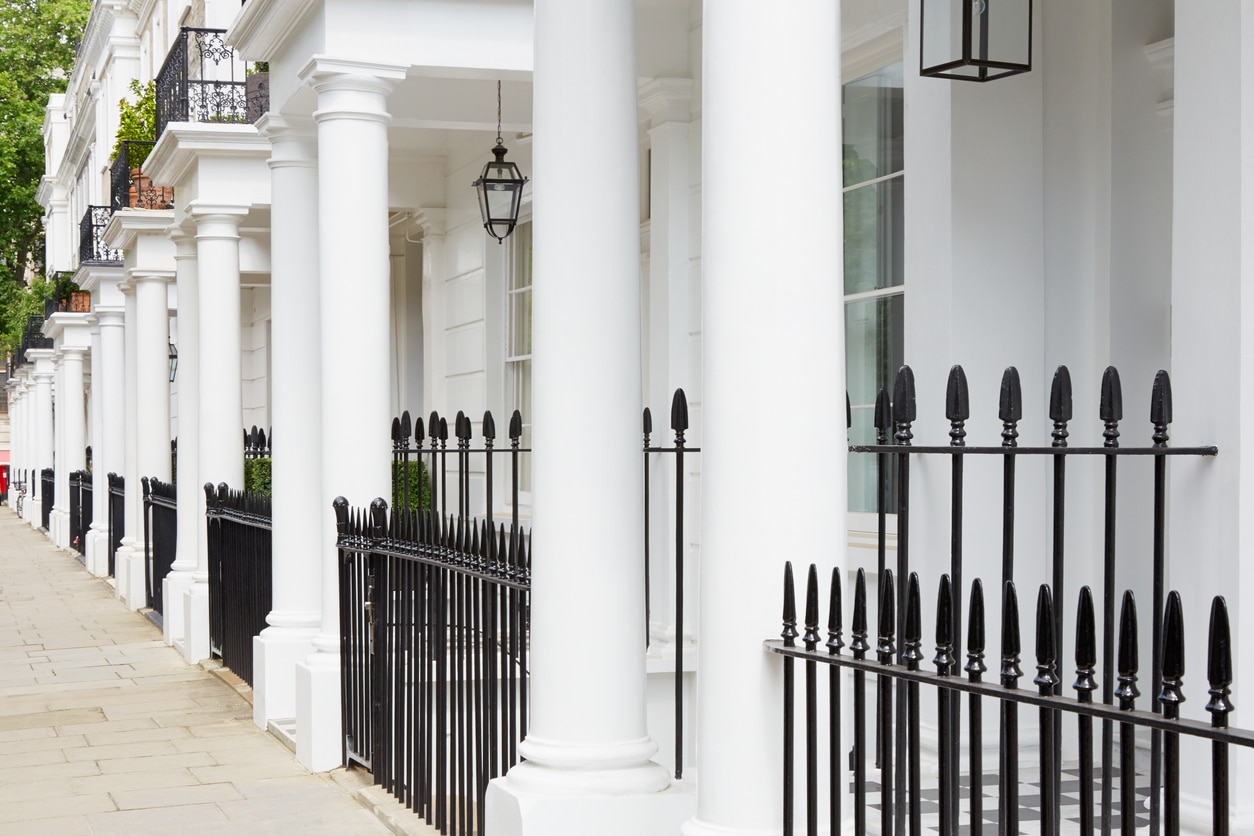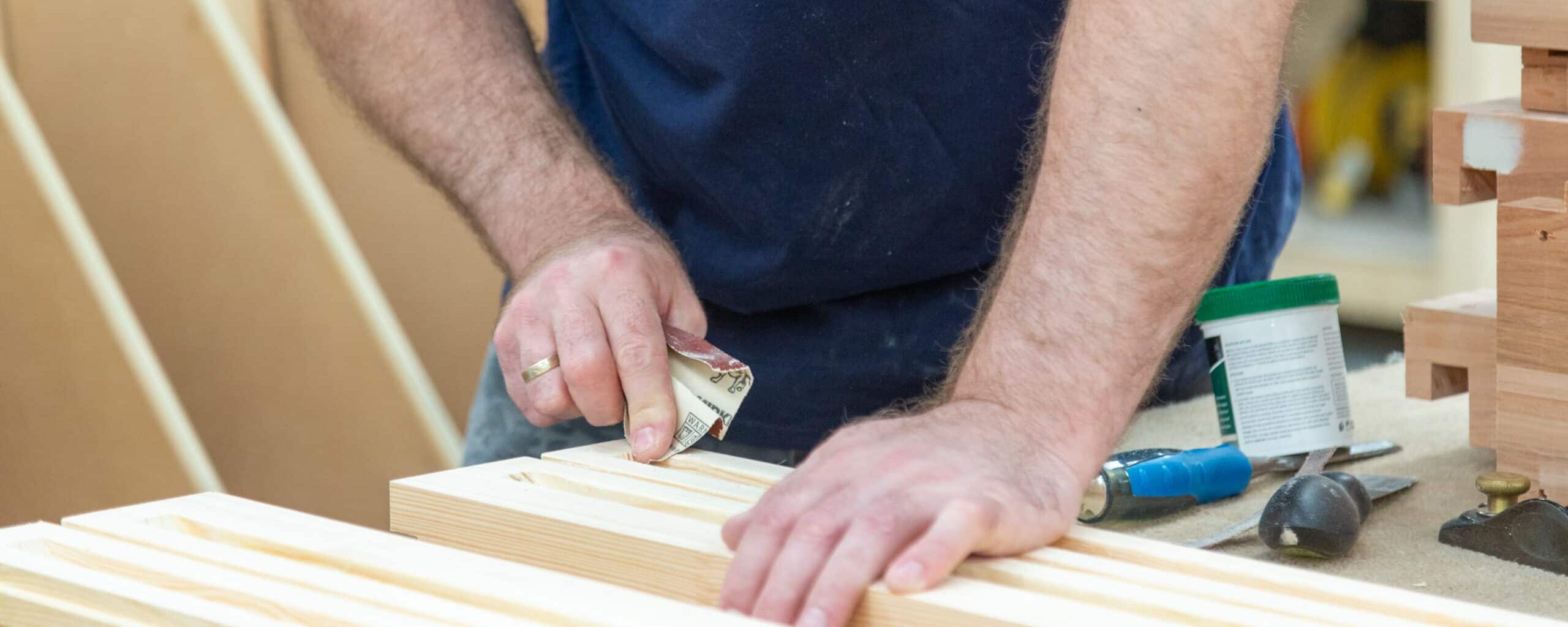
I’ve been in the sash windows industry for a number of years now, and I still see confusion over the naming of the material we use for window frames called, PVCu.
Is it PVCu, is it uPVC or is it just plain old PVC?
Most people I encounter call it uPVC, but actually the name was officially changed to PVCu, or PVC-U in the late 1980s to fall in line with our European partners, who like to place nouns before adjectives. Because of this ‘official’ name change, we at Sash Windows London are obligated to call it by its proper name, which is PVCu, and you’ll find this pronouncement used throughout our website.
But despite this most people in the UK still call it uPVC and it’s one of the most popular materials for windows and doors in the UK. In fact, it’s so common you can hardly walk down a street in Britain without seeing uPVCU doors and windows in some form or other.
Okay so it’s called PVCu, but what Is It?
Whichever way you place the letters in the abbreviation, uPVC stands for Un-Plasticised Polyvinyl Chloride. PVC itself has been around for a long time and it’s often been used as a substitute for leather. You can find it in coats, sofas, gloves, shoes or almost anything where you would find leather, and it’s been popular because it’s cheaper and more humane (as in no animal have been harmed).
Like a lot of good inventions PVC was discovered by accident and synthesized by the German chemist Eugen Baumann in 1872. He’d left a flask of vinyl chloride on the window, and after exposure to sunlight the polymer appeared as a white solid inside the flask. He immediately noticed the potential of this strange substance, but it wasn’t until 1926 when Waldo Semon and the B.F. Goodrich Company began to plasticise it, that it had any useful form. By blending the polymer with various compounds they managed to create a more flexible and easily processed material that soon achieved widespread commercial use.
PVC itself is quite rigid, but by adding plasticisers It can be made softer and more pliable. This is where we see clothing materials made from PVC. But for the construction industry they needed something stronger and more durable, and they preferred it without all the compounds added by Mr Waldo Semon. This is where ‘un-plasticised’ PVC entered the market, and hence the name uPVC.
The Construction (and Genius) of uPVC Windows and Doors

So it wasn’t long before this crazy new product, which appeared to never rust or rot was being used to make window frames and doors. On the face of it it’s the perfect material as it requires very little maintenance, it’s lightweight yet strong and it’s long lasting. The only fault that some seem to find is that it’s not as aesthetically pleasing as other materials, especially timber.
But for many people, if not most, they’ll sacrifice aesthetics for value. So once you get passed the beauty factor (which is always in the eye of the beholder), what sort of benefits can uPVC offer for windows and doors?
The Benefits of uPVC Windows and Doors
uPVC window frames, doors frames and doors themselves have boomed in popularity over the last 20 or so years. They are the among most popular materials used in new builds, and even councils are switching their existing properties over to uPVC. So with all this popularity there must be some benefits, right? So, what are they?
Cost
One of the biggest benefits of uPVC in windows and doors is cost. uPVC is cheaper than materials such as timber and aluminium and the bottom line is most people choose uPVC purely because of the savings on price. In times of austerity people are always looking to save money, and when you add up the cost of all the windows and doors in a property, you can make a substantial saving by choosing uPVC over timber or aluminium.
Energy Efficiency/ Insulation
And speaking of saving money, we’re all looking at ways to improve our energy efficiency and uPVC is an excellent insulator when compared to timber or aluminium. Double glazing, and (even better) triple glazing can make a huge reduction on how much heat escapes from your property. It’s a simple mathematical equation to work out that if you can keep heat in, and keep the outside (cold) out, then your home will be much more energy efficient. uPVC is one of the best materials for insulation and when combined with double glazing can make for an excellent energy efficient window.
Durability
Another money saver and benefit of uPVC windows and doors, is its durability. uPVC is extremely long lasting and has a life span of at least 15-20 years. It can stand up to all types of weather, from freezing cold to baking hot. Aluminium and timber are both prone to warp at extreme temperatures, and timber can rot due to damp. But uPVC can weather all this and still come through in one piece.
Maintenance
And speaking of durability. It is possible to have timber frames that don’t rot, but you need to ensure they have a good solid paint job that’s maintained over the years. If you have a lot of timber windows and doors, then to have them professional painted every 5 years or so can be very expensive. The same applies to aluminium which can rust. In order to maintain them to the highest standard they need to be painted and treated relatively regularly throughout their lifetime. This is not the case with uPVC which can stand unattended with zero maintenance throughout its entire life.
Security
Because uPVC is such a robust material it is very difficult to break. This makes it an excellent material for the security of your home. It’s not far behind aluminium when it comes to strength, and although it can feel relatively soft and flexible to touch, at the right thickness it’s very difficult to break.
As you can see there are lots of benefits to having uPVC windows installed, and this is why they’ve proven so popular, especially in the domestic sector. But why do some people think they’re tacky? If you speak to a lot of high end home owners they’ll usually request timber frames. This is not only due to heritage and tradition, but also what can be achieved with wood.
PVCu as a material isn’t as strong as timber or aluminium and this is why frames need to be thicker. You won’t see any thin, detailed frames made from PVCu. But with timber you can have a huge range of styles and decorations because they can be detailed a lot more finely than PVCu. If money is no object, then most people would still choose timber over PVCu. But the fact is for the majority of people money is still an object and one that needs to be looked after carefully. And this is why PVCu is the most popular choice for windows and doors in the UK.
To Summarise
PVCu, is the correct industry term for uPVC, or Un-Plasticised Polyvinyl Chloride.
PVCu windows and doors are the most popular in the UK due to their value, relatively low price, low maintenance, energy efficiency and durability.
PVCu windows don’t look as pretty as timber or aluminium, but remember:

And anyway, all PVCu windows supplied and fitted by Sash Windows London hold a beauty of their own. Just take a look at this exquisite manor house.

Caveat: You may, or may not have noticed that I haven’t used the (correct industry) term ‘PVCu’ in every sentence of this article. Can you count how many times I’ve switched it up?
Also, I would love to hear some comments, so feel free to input some opinions in the comment box below.




